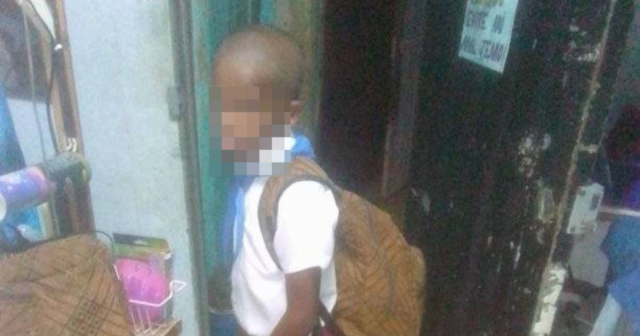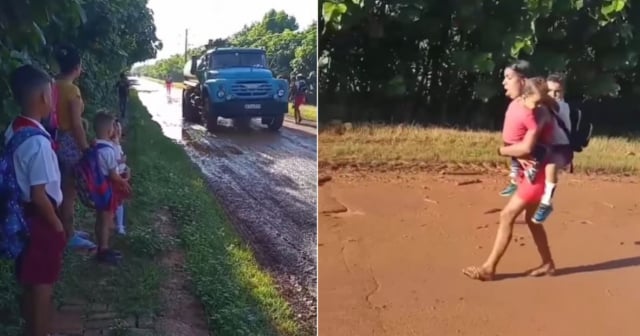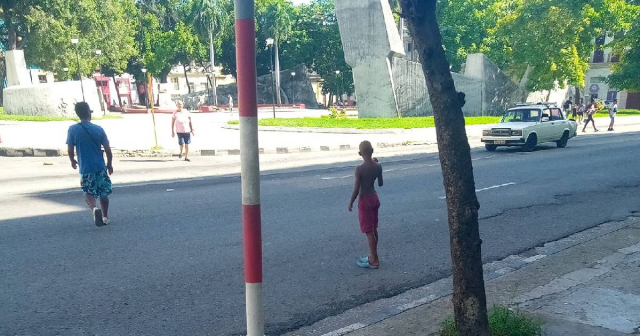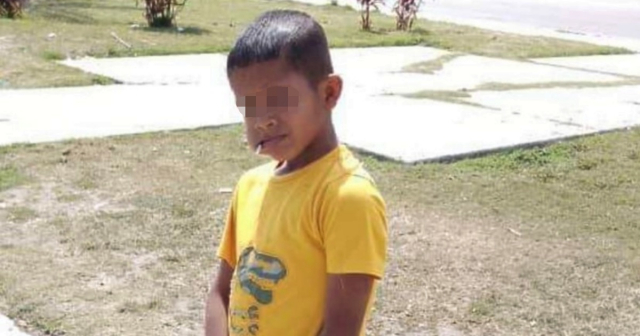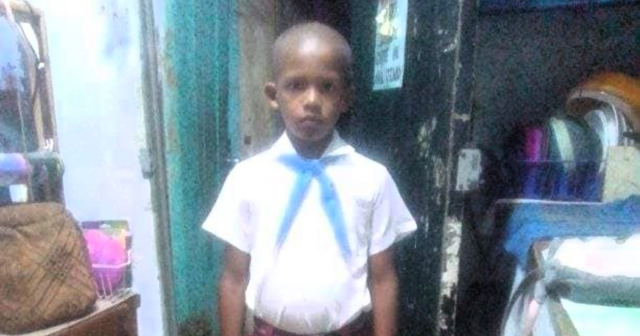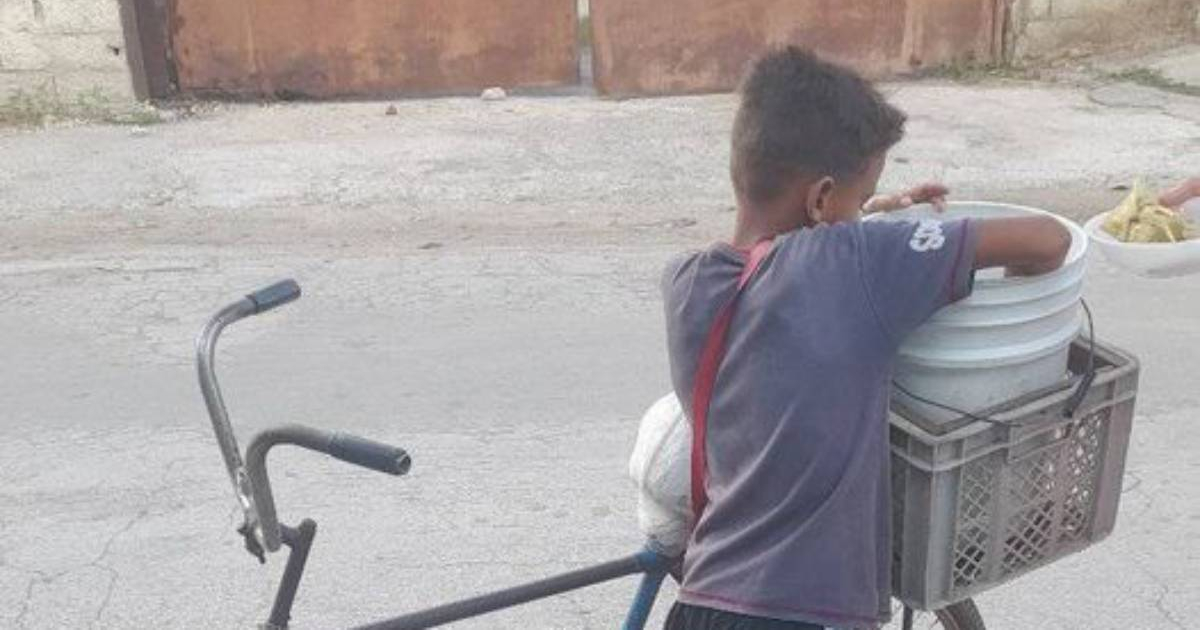
A Cuban boy of just 10 years old, on an old bicycle bigger than him, rides through the streets of Camagüey every afternoon selling tamales to make a living.
Independent journalist José Luis Tan Estrada reported this case on his Facebook profile, highlighting the harsh reality that many minors in Cuba face, trapped in an economic crisis that forces them to work from a young age.
"The worn-out shoes. The sun-stained face. He counts the bills with tremendous agility, and in his eyes, the reflection of an unhappy childhood," describes Tan Estrada in his post, which has generated a strong impact on social media.
"My mom went to Russia, my dad also wants to leave. I live with my grandparents and my uncle," the boy told the journalist.
The testimony of the child reflects the seriousness of the current economic situation and the Cuban migration crisis, which leaves thousands of children separated from their parents and under the care of their grandparents, in a very precarious family situation.
Child labor is growing alarmingly in Cuba.
Many Cuban children, instead of enjoying their childhood, are looking for ways to work to help their families. From selling products on the streets to digging through garbage or begging, more and more minors are being forced to work to survive in Cuba each day.
Despite the fact that Cuban law prohibits child labor and protects the rights of minors, the devastating effects of the economic crisis are palpable.
The regime tries to deny it, but even the state-run press recently acknowledged the existence of cases of child labor in the country.
Educational institutions in Santiago de Cuba, such as IPU-Cuqui Bosch and Secundaria Básica Espino Fernández, have identified minors in their communities who work and miss classes to contribute to the sustenance of their households.
The story of this child from Camagüey is a reflection of a broader issue, where migration and poverty are leaving deep scars on the new generations of Cubans.
The regime does not provide financial support to vulnerable families, and the quality of life for children is increasingly worse in Cuba.
This year, for the first time, UNICEF recognized that 9% of Cuban children suffer from severe food poverty, as they only consume two of the eight foods they need to grow healthy.
What do you think?
COMMENTFiled under:


